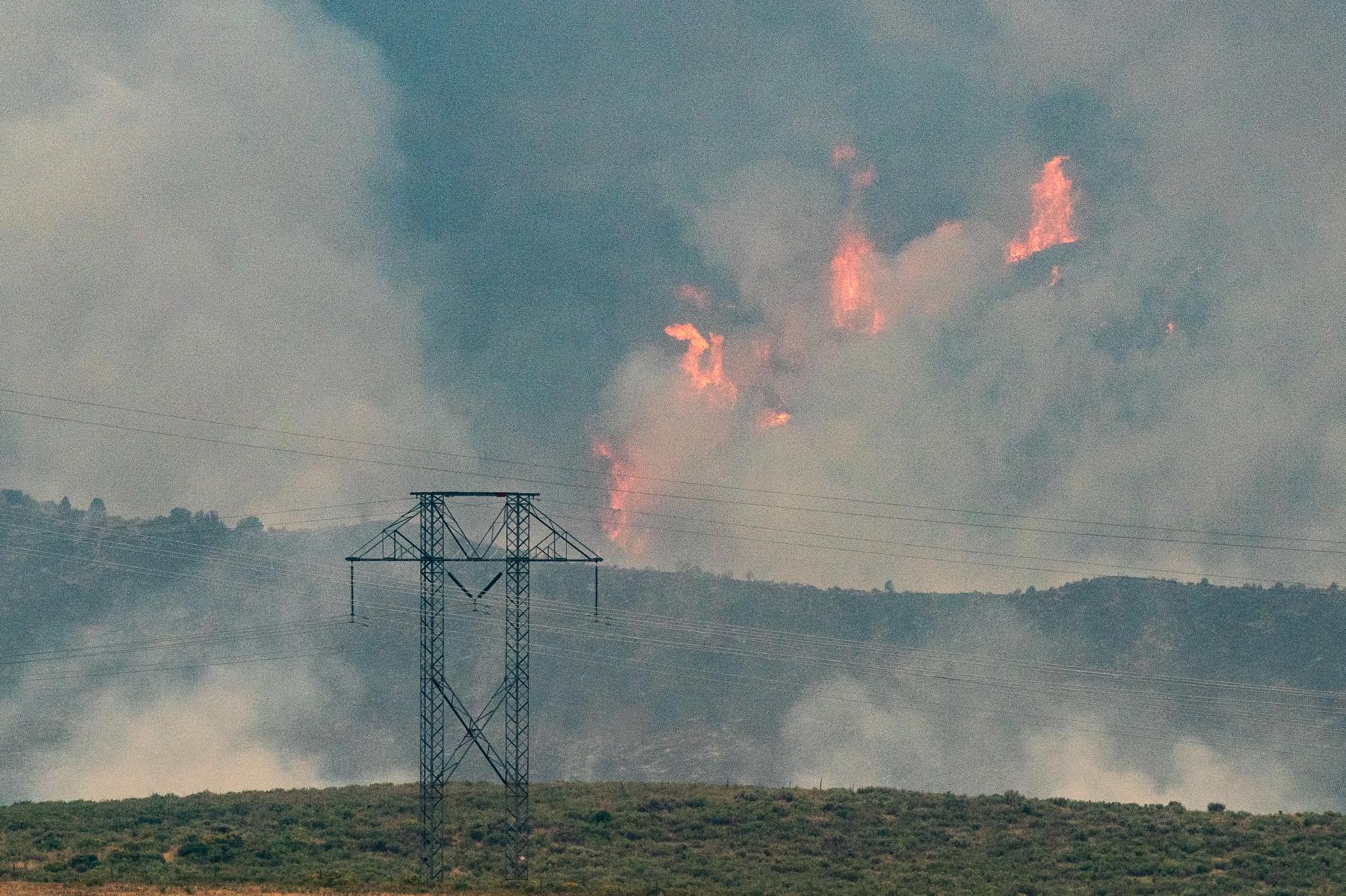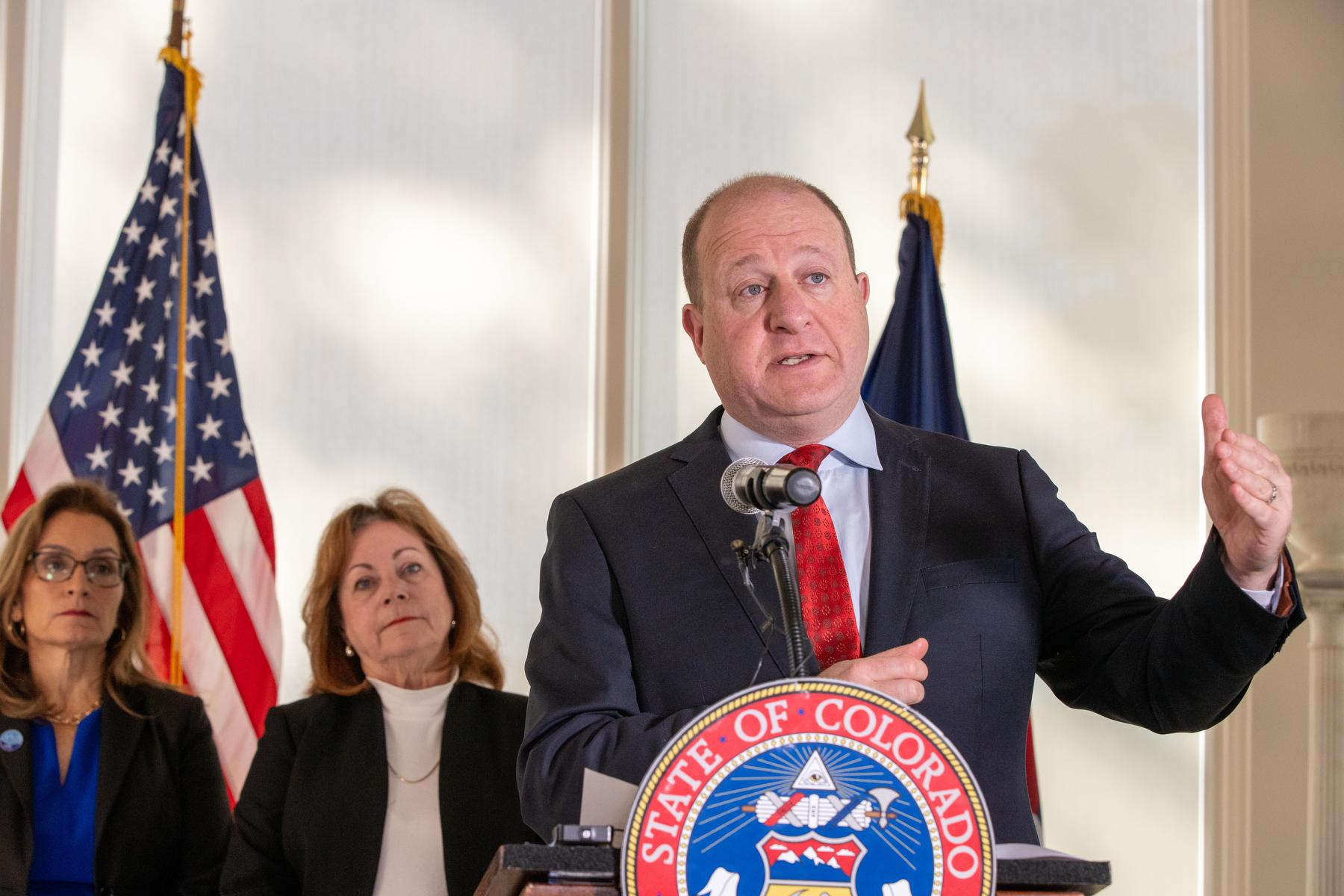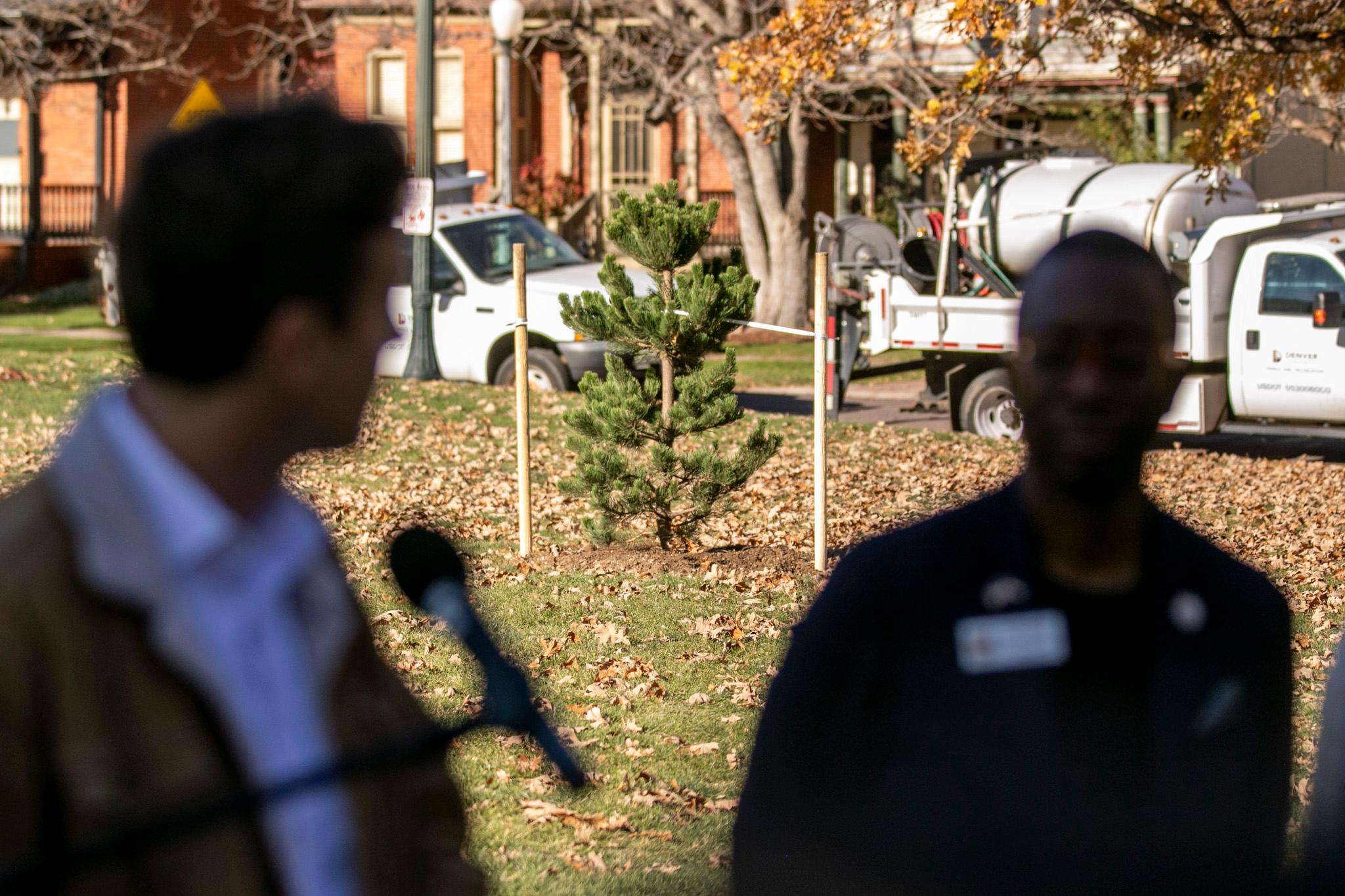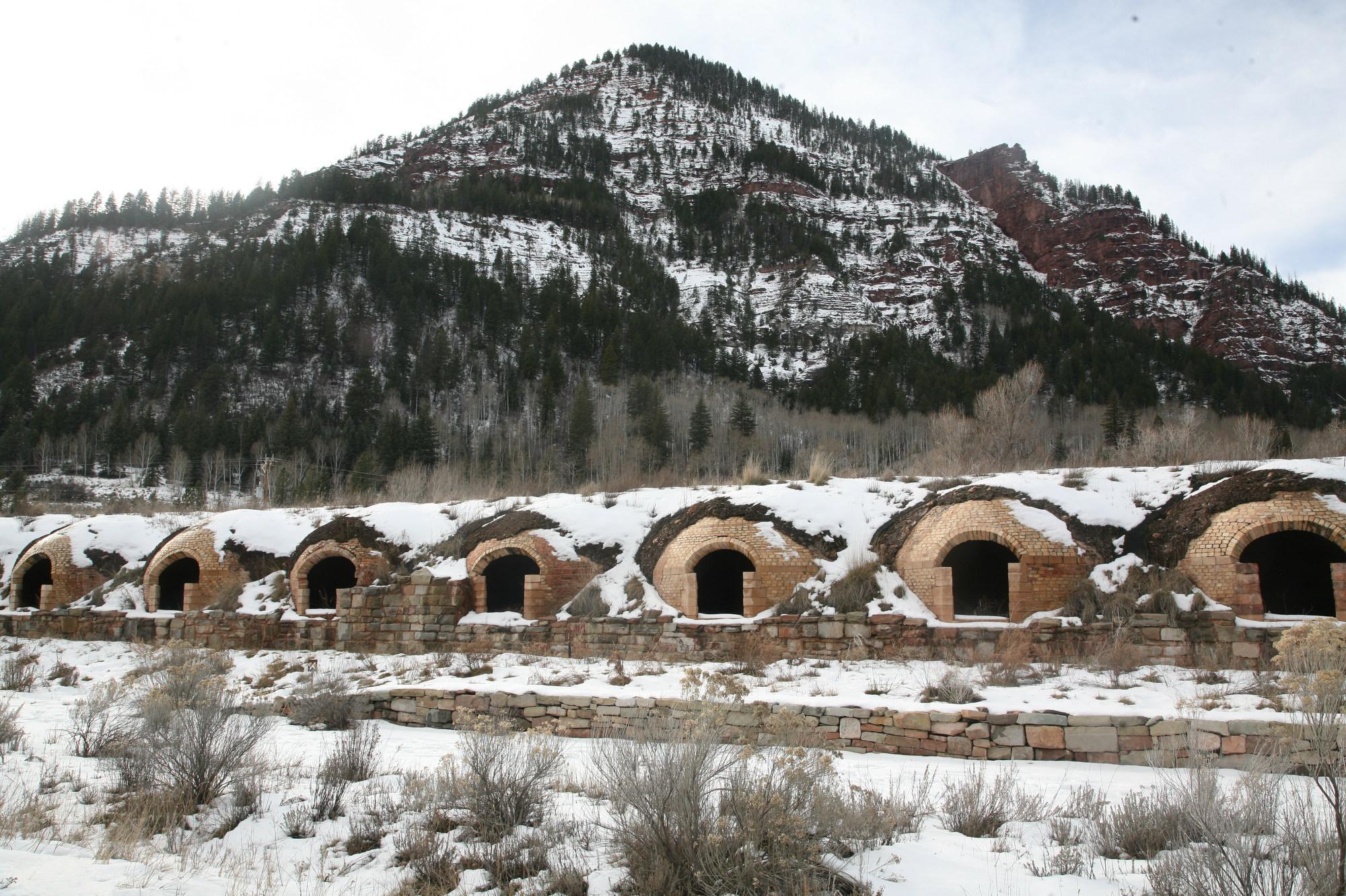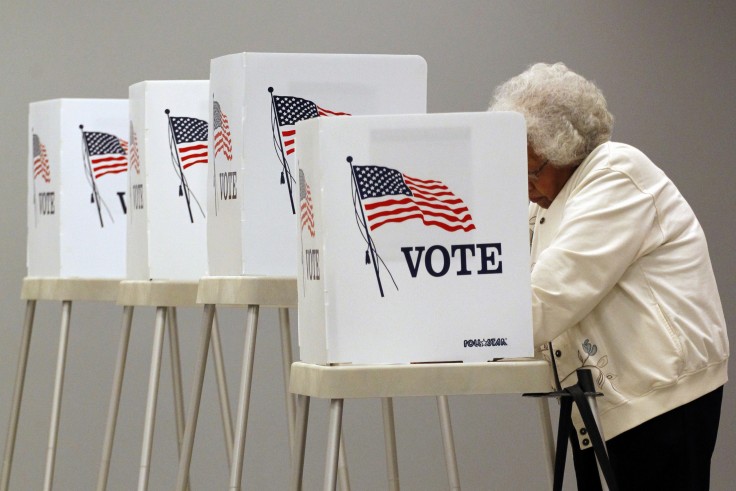

This year is already the most expensive political campaign season in state history, and there are still three weeks to go before votes get counted. Donors have coughed up $186 million for ads and campaign staff and consultants so far, $35 million more than the last record-setting election in 2014.
Just a handful of entities are responsible for the spending spree. The oil and gas industry and Democratic gubernatorial hopeful Jared Polis are the most notable.
"You take out those contributions, and I wonder if Colorado’s broken a record," said longtime political consultant Rick Reiter.
The oil and gas industry, through its political arm Protect Colorado, has raised an unprecedented $38 million this election cycle. That smashes the previous record of $20 million for a single group in a ballot issue campaign, which was set by a measure in 2014 to expand casino games to race tracks.
An Oil And Gas Battle Fought On Two Fronts
Part of the cost for Protect Colorado is the group’s own doing. The industry successfully pushed in the last election cycle to make it more expensive to get constitutional measures on the ballot. In this cycle, the industry has paid more than $4 million for signature gathering alone just to get a constitutional measure, Amendment 74, on the ballot.
If the amendment passes, any business would be reimbursed for any new government regulations that diminish their private property value. Government officials from Gov. John Hickenlooper on down have warned it could have far reaching negative consequences if passed.
- Related: Your Questions About Proposition 112
The industry is also fighting a ballot issue, Proposition 112, that could drastically curtail new drilling in Colorado. That measure would require about a half-mile buffer between new oil and gas wells and adjacent homes and schools. The group pushing that statutory measure, Colorado Rising for Health and Safety, has only raised $921,000.
A Record- And Coffer-Breaking Governor’s Race
At the top of the spending list, just under the oil and gas companies, is Polis. The tech millionaire congressman has given his own campaign $21.8 million in contributions so far, helping to make this the most expensive governor's race in state history. Polis has added $10.5 million just since capturing the Democratic nomination.
Super PACs have added more than $7 million in spending on his behalf, led by Good Jobs Colorado, which is funded by a education reformers, unions and the Democratic Governors Association. It’s a tax-exempt "527" group under IRS rules, and cannot coordinate with the campaign directly.
Super PACs have allowed Polis’s opponent, Republican State Treasurer Walker Stapleton, to keep some kind of pace in the money race. There are at least six different groups supporting his bid. Still, Stapleton and these groups have raised less than half Polis’s total, bringing in $13.4 million.
That imbalance might not change.
"I don’t think you’ve seen that big check, you know, 'We’re going to give $5, $10 million into the governor’s race,' because I think there’s really this perception that Polis could just double it at any point," said Michael Fields, executive director of Colorado Rising Action, and formerly with Americans for Prosperity.
Voters Will Face Crowded Ballot
Voters will also be picking their way through all manner of ballot questions, including statewide and local measures. For instance, Denver voters will have 22 questions on the ballot, and the shear volume of campaigns competing for attention is also driving the record election spending.
Should Colorado raise income and corporate taxes for schools? The pro-Amendment 73 campaign has raised $880,000, and the anti-campaign has raised at least $1 million.
Should Colorado raise sales taxes for roads? The pro-Proposition 110 campaign has $9.8 million, the anti-campaign doesn't appear to have raised or spent any money.
Should Colorado put restrictions on the interest rates payday lenders charge? Pro-Proposition 111 campaign $1.7 million, and there doesn’t appear to be organized opposition.
The Money's Flowing Into State Senate Races, Too
In all the hubbub over the governor's race and the oil and gas measures, it's easy to overlook that control of the state Senate hangs in the balance on Election Day. Republicans hold a slim one-seat majority.
There are about half a dozen key swing races that are garnering massive direct and super PAC contributions. In those races, Democrats have an edge in both categories.
The Democrats' main senate Super PAC, Coloradans for Fairness, has raised $5.8 million, with $2.5 million of that coming from the liberal dark money group Sixteen Thirty Fund. Wads of cash are also coming in from unions and education reform groups long active in Democratic fundraising in Colorado.
The Republican-run Senate Majority Fund has raised more than $5.4 million, from a variety of companies including more than $1 million in contributions from oil and gas companies.
Interestingly, Democrats are out-raising Republicans in the key state Senate races through direct contributions to the candidates by "orders of magnitude," said Ian Silverii, who runs the progressive political group Progress Now, and who's wife, Brittney Pettersen is running in one of the competitive state Senate races, SD-22.
"I can’t play Words with Friends on my cell phone in my living room without seeing a negative ad against my wife," Silverii said. But he acknowledges that the money advantage is on the Democratic side.
Pettersen has an almost 3-to-1 advantage in direct contributions over the Republican Tony Sanchez in SD-22, which includes Lakewood
Democrat Faith Winter has a nearly 4-to-1 advantage over Republican Beth Martinez Humenik in SD-24, which includes west Adams County
Democrat Tammy Story has a more than 2-to-1 advantage over Republican Tim Neville in SD-16, which includes west Jefferson County
Notably, Democrats have a slate of women running in the most competitive districts, and Silverii says that's where the enthusiasm is in the Democratic party now and that’s part of what’s adding to the increase in contributions.
"Absolutely, the gender gap right now in Colorado is enormous," he said.

